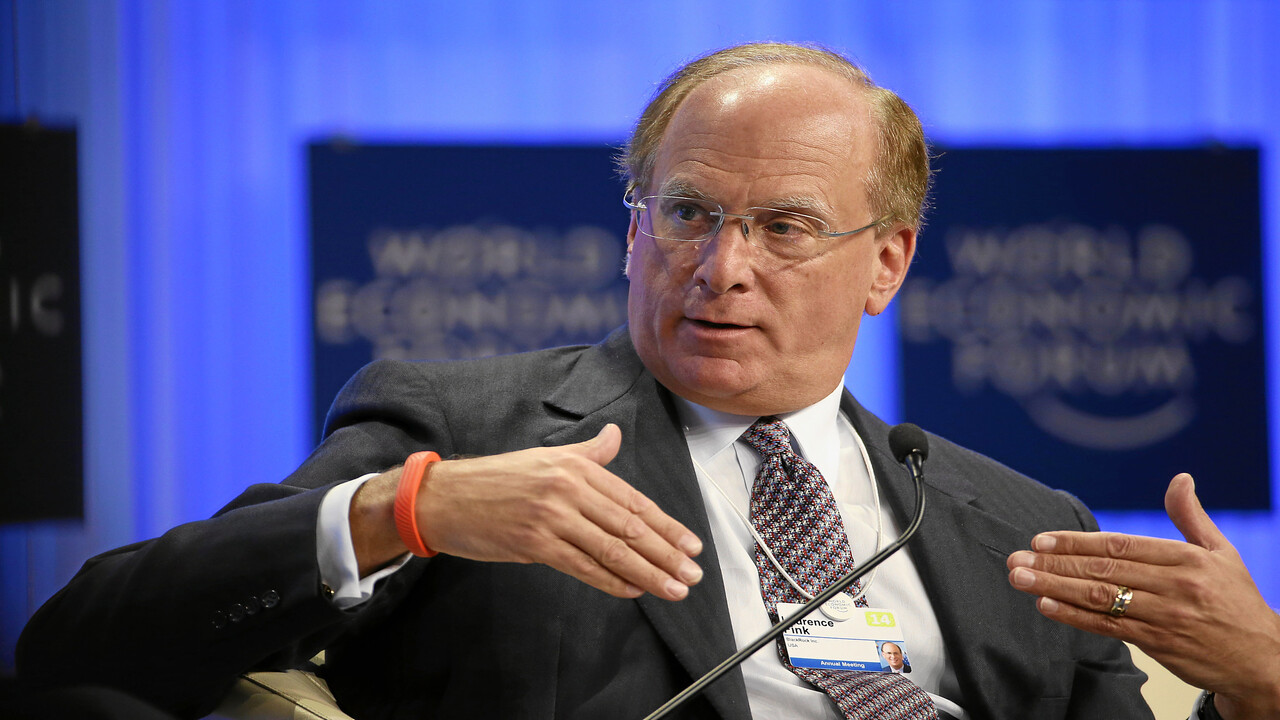Republican presidential candidate Vivek Ramaswamy has publicly criticized major investment firms as part of his campaign against the environmental, social, and governance (ESG) framework.
Ramaswamy specifically referred to BlackRock, State Street, and Vanguard, commonly known as the “Big Three,” stating they represent “arguably the most powerful cartel in human history.” He continued, “They’re the largest shareholders of nearly every major public company (even of each other). And they use your own money to foist ESG agendas onto corporate boards – voting for ‘racial equity audits’ & ‘Scope 3 emissions caps’ that don’t advance your best financial interests. This raises serious fiduciary, antitrust, and conflict-of-interest concerns.”
His views align with a Wall Street Journal op-ed from 2022, which asserted that the Big Three have historically used their “dominance in passive-investment funds to force corporations to comply with their preferred set of environmental, social and governance policies.” This perspective can be traced back to a 2017 study which found that these three firms are the largest shareholders in 88 percent of S&P 500 companies. The study suggested that these firms have significant influence over shareholder voting, potentially at the expense of passive index investors.
Ramaswamy’s criticism of ESG is multifaceted. In a related video, he articulated doubts about stakeholder capitalism’s connection with broader societal issues, adding, “My practical answer is if it comes in an acronym — FTC, SEC, FBI, DOJ, WEF, WHO, NATO, UN — we may have good reasons to be skeptical of the purpose of any acronymized institution.”
See original article at Business Insider.
Jack McPherrin (jmcpherrin@heartland.org) is a managing editor of StoppingSocialism.com, research editor for The Heartland Institute, and a research fellow for Heartland's Socialism Research Center. He holds an MA in International Affairs from Loyola University-Chicago, and a dual BA in Economics and History from Boston College.






